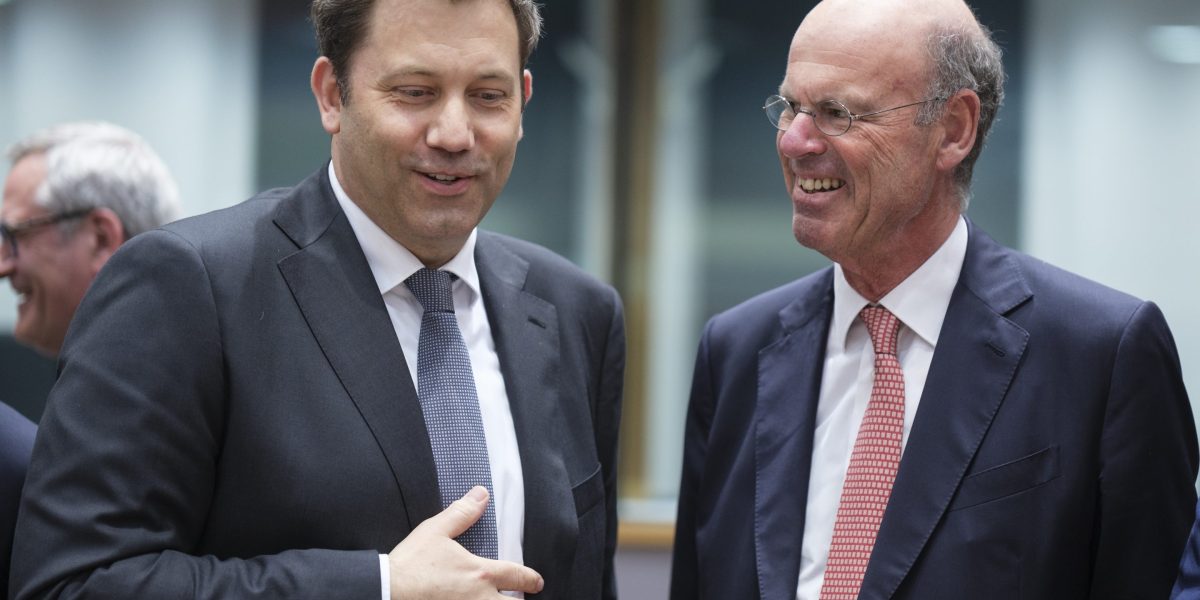As employers focus on the impact recent White House changes may have on the bottom line, they are starting to also recognize the potential blowback they could cause in managing talent.
According to a new survey from Towers Watson, a WTW business, 56% of employers polled indicated their workforces are concerned about the impact of new economic policy realities on base pay increases. Yet, Towers Watson’s Adapting to 2025 U.S. Policy Shifts Pulse Survey also found that while the current economic landscape is driving employee apprehension about their pay, 48% of employers reported there would be no impact on this year’s projected salary increases.
Less than one-quarter (23%) of organizations are expecting tariffs and ongoing economic volatility to result in reduced pay increases for the balance of the year. About 28% of employers expect no impact at all on next year’s budget.
“This disconnect between employer and employees underscores the importance of communication during a time of change,” says Lori Wisper, managing director, Work & Rewards.
It’s a scenario that has played out previously, she notes. In times of prior economic downturn—or even when there was the potential for downturn—employees tended to “intensely focus” on job security and base salary increases, Wisper says. It makes sense, given these are the “fundamental elements of their employment.”
Wisper, who recently wrote about building pay practices during a time of economic uncertainty for HR Executive, says that employers need to lean into communication and prepare the workforce for any potential changes in today’s economic environment.
“Particularly since base pay and bonuses have the largest impact on talent attraction and retention,” she adds, “it behooves leadership to provide some assurance to their employees by sharing about the potential impact of tariffs on the company’s financial health to the degree that this can be defined.”
The tariff effect: Planning for uncertainty
Strategizing for a long-term plan ahead of messaging to employees is key.
Marc Roloson, senior director, Work & Rewards, acknowledges the ongoing uncertainty surrounding the application and duration of tariffs on U.S. imports, and the potential for retaliatory tariffs that may impact exports. However, organizations need to map out how exposed their total rewards programs are and what levers they have to reduce risk and cost.
What are organizations looking at as part of their plans?
In terms of variable pay, the pulse survey found that employers remain committed to their established compensation programs. For example, 67% of organizations indicated they did not intend to modify their short-term incentive plans. On the flip side, 28% of companies said they would consider making discretionary adjustments, if appropriate, as the year progresses.
Regarding long-term incentive plans, more than 70% indicated that they do not intend to modify such plans. However, 19% of companies surveyed noted that they would consider making discretionary adjustments at the end of the performance cycle, if deemed appropriate. Additionally, 11% said they either made a change already that they are standing by or are planning to make one.
While employers may not be immediately reducing incentive plans or salary increase budgets, Wisper adds, “there are signs that suggest a more conservative approach to managing fixed costs,” which could mean tightened budgets in the future.
Talent attraction today: A concern and a challenge
Roloson says that while the pace of change in the tariff discussion limits potential programmatic shifts, organizations can take action. He adds that for all incentives—short-term, long-term, sales compensation and other variable pay—companies should assess how tariffs and ongoing market uncertainty may impact payouts, develop a perspective on what effects from tariffs should be included and the suitable adjustments. And he says to create a plan to message this point of view.
“The right decision varies by company and requires thoughtful consideration as to which behaviors and activities will deliver the best long-term impact for the business, its employees and its shareholders,” he says.
Roloson reiterates that in uncertain times, attracting and retaining key talent understandably is both a primary concern and a serious challenge.
“This issue is particularly pressing for industries heavily affected by tariffs, which may experience reduced bonus and equity payouts in the coming years compared to sectors less dependent on imports and exports,” he says.
Credit: Source link









